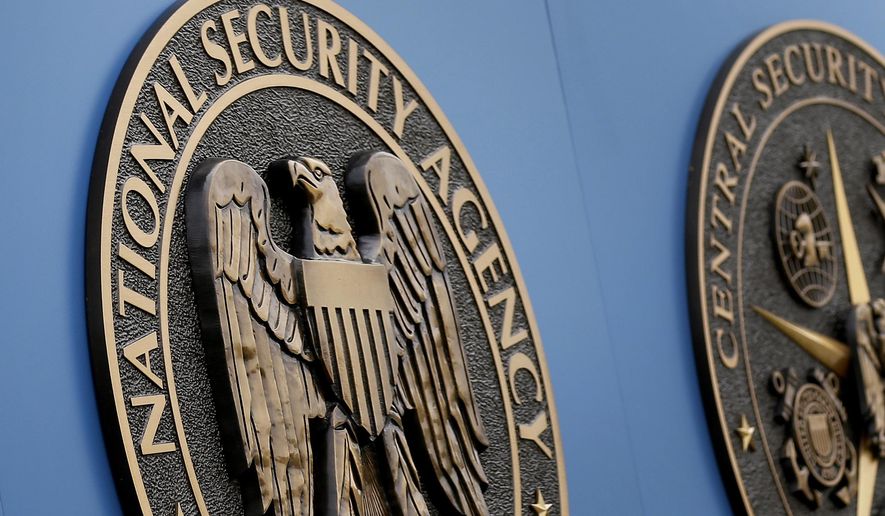A federal judge on Tuesday said the National Security Agency is not obligated to confirm nor deny it has someone’s specific phone records, shooting down a conservative think tank’s effort to try to use the spy agency to reveal secrets that other federal agencies want kept hidden.
The case served as an early test of the limits for researchers who had hoped to use the National Security Agency’s phone records collection program as a treasure trove for their efforts. But Judge James A. Boasberg, sitting in the federal district court in Washington, D.C., said the NSA is within its rights to refuse to say what kinds of records it has, and unless researchers can specifically prove the agency has them, the NSA doesn’t have to comply with Freedom of Information Act requests.
“Because of the potential consequences that additional disclosures could have on national security, the court will not require the agency to tip its hand any further,” the judge wrote in a 24-page opinion.
The Competitive Enterprise Institute, which for years has been battling the EPA to try to get access to text messages sent by senior agency executives, had asked the court to force the NSA to turn over EPA phone records and email or text messages the spy agency might have scooped up in its snooping.
The CEI is trying to get a glimpse at messages it believes were sent by former Environmental Protection Agency chief Lisa Jackson and current boss Gina McCarthy. The EPA has turned over thousands of text messages but has declined to turn over others, saying it doesn’t believe it has them and that it doesn’t think it even has a duty to preserve text messages.
CEI lawyers are fighting the EPA in another case, but after the revelations about the National Security Agency’s phone-snooping program they figured they would try to see if they could get the spy agency to release the records. The NSA said it could neither confirm nor deny that it had any such records, and that launched the court case.
The CEI argued that since the NSA admitted it had scooped up phone metadata records from Verizon customers, that must include Ms. McCarthy’s phone and Ms. Jackson’s personal email account with Verizon.
Judge Boasberg countered that the CEI was going on a fishing expedition, saying the NSA has never admitted it had Ms. McCarthy’s or Ms. Jackson’s records specifically, nor has it even admitted it scooped up text or email data.
The judge said he wouldn’t force it to do so now.
“In essence, were the agency required to confirm or deny the existence of records for specific individuals, it would begin to sketch the contours of the program, including, for example, which providers turn over data and whether the data for those providers is complete,” the judge wrote.
In an aside in his opinion, Judge Boasberg also chided the CEI for “its excessive and distracting use of footnotes” in its briefs. The judge warned that if CEI, which is a frequent litigant, continued to ignore warnings about footnotes, he might have to strike some of the group’s briefs.
• Stephen Dinan can be reached at sdinan@washingtontimes.com.




Please read our comment policy before commenting.